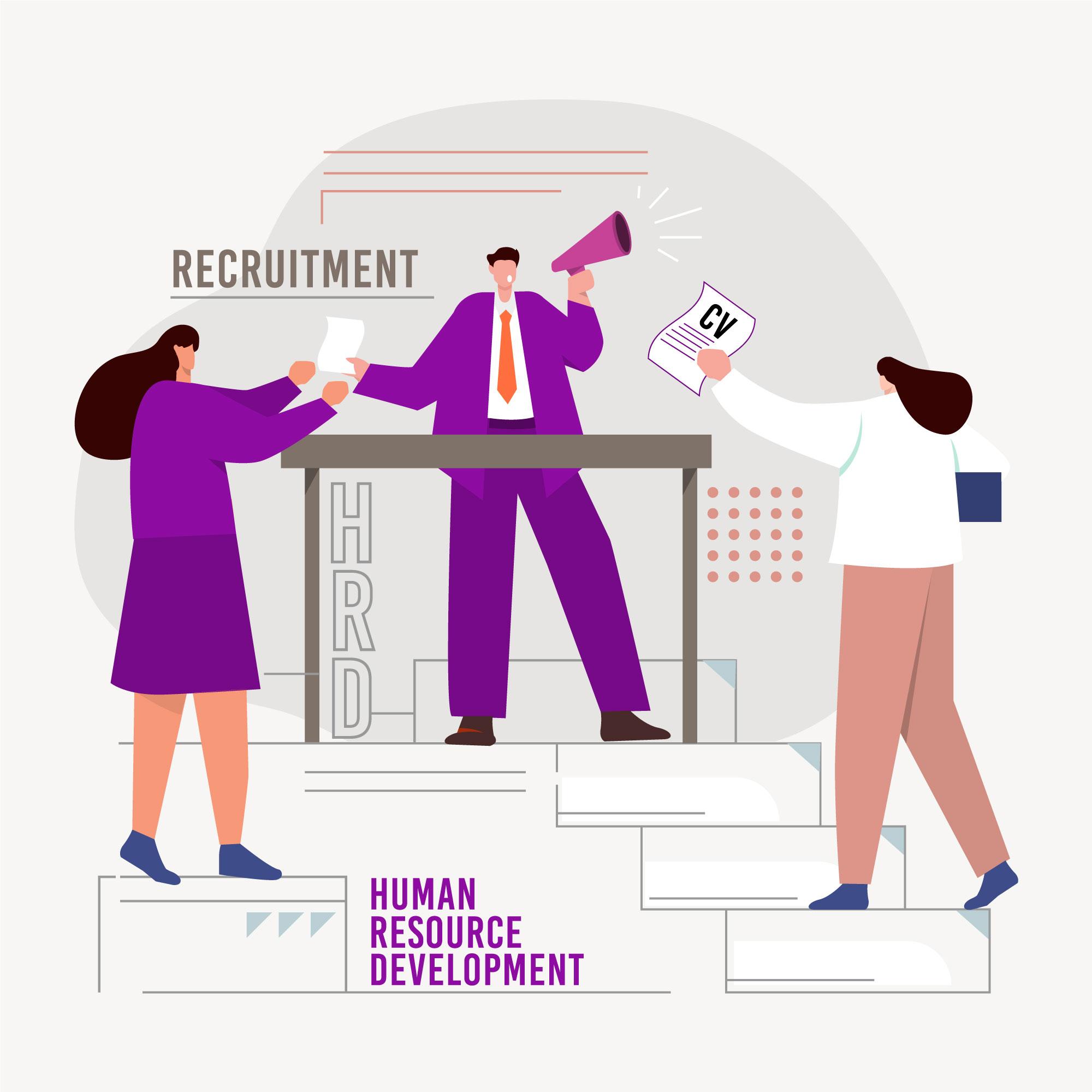Amid all the layoffs happening, you might be curious about what the situation for offshore recruitment agencies looks like. Well, similar to most industries, it’s closely linked to how the economy and job market are doing. Experts who study job trends say we’ll see more contract jobs and sales positions on the rise. And for tech companies looking for software engineers, things are changing too. A lot of companies are continuously looking for engineers who have the right skills as most basic skill sets are easily replaced by AI now.
As grim as this may sound for some job seekers, this is definitely good news for offshore staffing companies. One of the primary reasons offshore recruiters are in good demand in 2024 is due to their access to a vast global talent group. With advancements in technology and companies looking to hire skilled yet within-budget employees, global recruitment certainly hits the sweet spot for this problem.
What Specific Skillset Does Offshore Company Provide
As mentioned above, a primary reason why offshore staffing companies are preferred is because they help businesses find individuals with the right skills and expertise that may not be available in their local market.
A lot of times, companies are also looking to hire individuals from various backgrounds, ethnicities, and races. This is especially true when companies expand their businesses globally. An important reason why this is done is because time after time, companies with diverse teams are repeatedly shown to perform better than their competitors. Diversity in skills and experiences can also lead to greater innovation and creativity within teams.
Now this one may be obvious but nevertheless very important. Hiring employees from countries with lower labor costs can result in substantial savings for businesses, especially when considering factors like salary expectations, benefits, and overhead expenses.

Tips to Make Your Offshore Recruitment Team Stronger
- When you’re hiring from other countries, it’s like stepping into a different world. Each place has its own way of doing things, like how people talk, work, and interact, and believe it or not in some cases the differences can be shocking.
As an offshore staffing recruiter, it’s your duty to take the time to learn about these differences to help you connect better with candidates. For example, in some cultures, being direct is appreciated, while in others it may be taken as a sign of rudeness and unprofessional behavior.
- Creating a good job description is mandatory for any type of hiring but it becomes even more crucial in global recruitment. You want your job description to be clear and easy to follow so that everyone knows what they’re getting into. Use simple language that anyone can understand, and avoid using buzzwords or fancy phrases. Be specific about what skills and experiences you’re looking for, and explain what the job involves in everyday terms. This way, candidates can also see if they’re a good fit for your position.
- When it comes to finding the right candidates, local knowledge is the best friend of offshore recruitment agencies. Use job boards and networks that people in the country you’re hiring from use regularly. These are places where candidates are actively looking for jobs, so you’re more likely to find qualified applicants.
- Time zones can be a puzzle, but offering flexible work hours helps solve it. This means giving team members the freedom to choose when they work based on their time zone. For example, someone in a different country might prefer to start work later to align with their local schedule. Flexibility shows that you understand and respect different time zones and makes your candidate feel valued.
- Take advantage of advanced screening tools and technologies to make your recruitment process more efficient. These tools can include applicant tracking systems (ATS) and AI-powered resume screening software. What’s so great about ATS is that it makes managing job applications easier by organizing candidate details, tracking their progress, and automating tasks like sending notifications and scheduling interviews.
AI-powered tools, on the other hand, simplify managing job applications by automatically identifying top candidates based on criteria you set, and even conducting initial screenings.
- A lot of global recruiters forget to focus on how to treat their employees post-hiring. When new hires join from different countries, it’s important to make them feel at home in your company culture. This can range from things like cultural orientation sessions to explaining how your company operates and what values are important to you.
Virtual team-building activities can also help them get to know their colleagues and build relationships. Assigning mentors or buddies from the team helps new hires settle in faster and feel supported.
Hire Your Top Offshore Candidates With GEx Search
GEx Search provides skilled experts with world-class knowledge of global hiring. Our team members work well with your recruitment team to make sure you get access to the top employees by using the top tools, strategies, and mapping techniques available.


